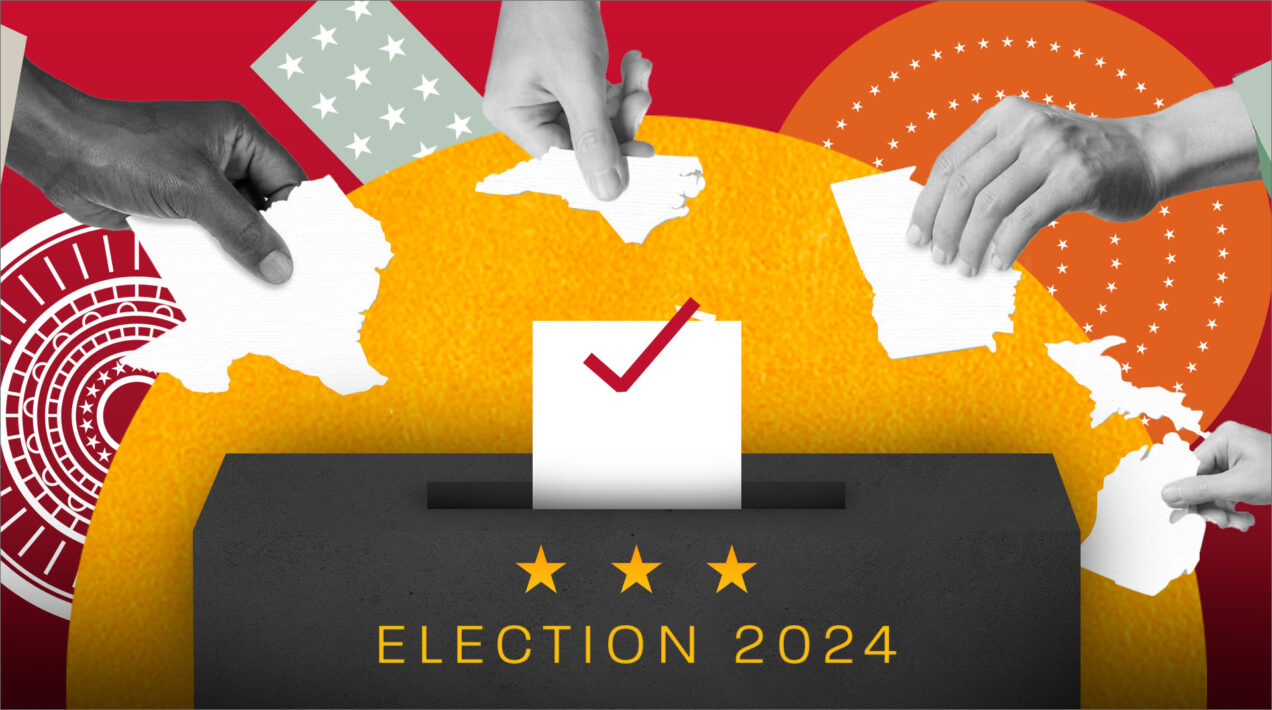In the age of Black Lives Matter and nationwide calls for racial justice, why do so many non-youth voters assume they understand how young Black people engage politically? The rallying cry of “Vote or Die” reverberates through every election cycle, a stark reminder of the stakes of civic engagement. However, today’s young Black voters see through this message’s empty rhetoric. This generation, profoundly aware of the ongoing fight for social justice, views voting not as a singular tool for civic participation, but as one of many tools in their quest for a more democratic society. We must start listening instead of lecturing to connect with them genuinely if we want to increase voter turnout.
Who are Black youth voters today, and what do they truly value?
Today, a new generation of Black voters has emerged, one that has grown up viewing voting as a right rather than a privilege. This underscores a crucial reality: understandings of Black youth voters have not evolved in tandem with their changing relationship to the ballot box. Assumptions about this group—particularly regarding their alleged apathy or disengagement—fail to acknowledge the generational shift from fighting for voting rights to exercising those rights. Today’s Black youth are not indifferent, they just view and engage with the political landscape differently.
Our research reveals a far more nuanced and engaged reality. Through over 100 interviews with college students at Historically Black Colleges and Universities (HBCUs), we witnessed the depth of Black youth political perspectives. These young people seek authenticity and reliability from politicians. As one participant said, referencing Hillary Clinton’s infamous “hot sauce in my bag” moment, “Don’t tell young people you’ve got hot sauce in your bag…” Young voters demand substance over superficial political campaigning. In fact, they are acutely aware of the curated nature of online personas, recognizing that politicians can manipulate social media to project carefully constructed images of themselves. Their healthy skepticism of inauthenticity makes them less susceptible to politicians’ superficial attempts at political engagement.
The moment to engage Black youth voters is now. By shifting the messaging they hear about voting from obligation to opportunity, we can invite them to see themselves as agents of change in their communities. This begins with acknowledging that our current messaging is failing to resonate. Calls to “just vote” or “vote like your ancestors depended on it” may have resonated with previous generations, but they often fall flat with individuals who feel disconnected from that history or disillusioned by the slow pace of progress.
Instead of relying on these outdated messages, we should be asking them, “What problem will you solve with the power of your vote?” By framing civic engagement as a means to address the issues they care about most, we can ignite their passion and empower them to shape democracy. Organizations like the Congressional Black Caucus Foundation play a pivotal role in promoting civic engagement and leadership development. These institutions provide students with the essential tools and experiences to navigate the complexities of civic life, helping them develop into active participants in our democracy.
Our research findings underscore the urgent need to redefine civic engagement for a new generation. By understanding the motivations and aspirations of Black youth, we can empower them not just to vote, but to lead. Imagine a future where their voices are not just heard, but amplified, shaping policies and dismantling systemic barriers. This is the promise within reach for those of us who seek to carry the torch of civic engagement forward. Together, with continuous commitment, we can make it a reality.
Dr. Amanda Wilkerson is an Assistant Professor at the University of Central Florida, focusing on equity and excellence in higher education. A graduate of Florida A&M University, she advocates for underserved communities and has received multiple awards for her contributions to education and civic engagement.
Dr. Shalander “Shelly” Samuels is an Assistant Professor at Kean University, focusing on Culturally Relevant and Sustaining Pedagogy in the teaching of BIPOC students and the preparation of K-12 instructors.
